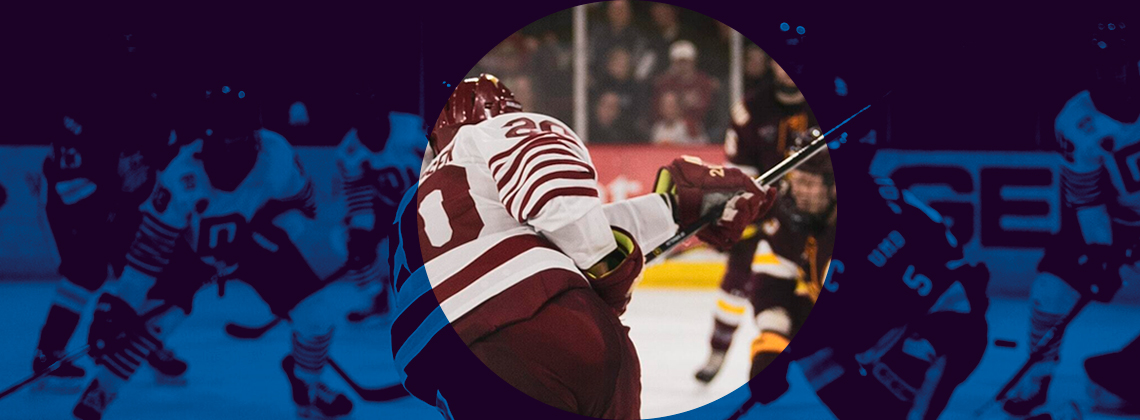News analysis
The Hockey Canada board’s downfall

What happens when the entire board of an organisation resigns at the same time? This is what happened with the Hockey Canada board of directors.
It’s a bad day for corporate governance when a national sport’s organising body sees its entire board resign simultaneously, but this became a reality in Canada.
Ice hockey is a crown jewel in the country, but the latest behind-the-scenes corporate developments may prove these to be some of the sport’s darkest days, and it all comes back to corporate governance standards.
What is going on?
The entire board of Hockey Canada, including president and chief executive Scott Smith, resigned amid a sexual abuse scandal that has brought the organisation into national disrepute.
The mass resignation swiftly followed the departure of board chair Andrea Skinner, who was only two months on the job. The previous chair Michael Brind’Amour resigned in August.
Here are all the details up to this point:
- Earlier this year, news broke that Hockey Canada paid a settlement to a woman who alleged national junior men’s team members had sexually assaulted her.
- Previous allegations of similar nature are now also being investigated.
- The probes have sparked an interest in how Hockey Canada is paying these settlements – specifically whether government money (i.e. taxpayers’ money) is involved.
- An inquiry revealed a ‘National Equity Fund’ – fuelled partially by player registration fees – that helped pay 21 sexual misconduct settlements over the last three decades.
- Hockey Canada has faced an enormous PR backlash. Most corporate sponsors have walked away, and regional branches have publicly voiced their lack of trust in leadership.
How bad is it that the entire board resigned?
Quite bad, both as a reflection of past actions and what’s to come.
For starters, past board members face serious reputational risk. They are in the eye of the storm of abuse and “hush money” allegations, a massive inquiry, and a country of stakeholders looking at their national game with shame. This won’t be easy to move away from.
Furthermore, it represents two significant corporate governance issues:
- The board believed that the faith and patience of its stakeholders had worn out.
- The board had no faith in itself to fix that problem as perhaps they were part of the problem and lacked the credibility to do so.
The real nightmare scenario, though, is one where not enough candidates come forward to fill the vacancies. In other words, anyone who can help doesn’t want to because they see the situation as a lost cause and/or are concerned about their personal reputation.
Will this happen in Hockey Canada’s case? No, not likely. It’s an important organisation, the candidate pool is quite large, and speculation on replacements has already begun.
What’s next?
An “interim management committee” will be put in place for the time being, Hockey Canada said in a statement last week.
This covers the short term – likely until an election scheduled for 17th December. We can expect little from that interim committee other than to fulfil any operational duties or cooperate with developments in the abuse scandal.
So what about the longer term?
For starters, none of the resigning board members are expected to re-apply, meaning Hockey Canada’s new leadership will be entirely fresh.
“Hockey Canada is seeking board candidates to shape the future of the organisation,” the statement read.
“We encourage qualified individuals to respond to the call for nominations issued by the independent Nominating Committee last week.”
Changes and predictions
Hockey Canada has confirmed that elections for board positions will run differently this time.
Anyone elected this December will only serve on a “transition board”, to deal with “key urgent tasks” Also, their names won’t appear on the ballot without the approval of an independent nominating committee – a change from previous election cycles.
Meanwhile, prominent Canadian sports journalist Steve Simmons has suggested that the board must align itself much closer with one worldwide trend: skill set diversification.
“You will need lawyers and accountants and coaches and everyman kind of people,” he wrote in a Toronto Sun opinion piece, “those who understand hockey and media relations and human relations and business and how important hockey and Hockey Canada is to this country.”
Are mass board resignations common?
They’re more common than you might think, and they can happen for various reasons, including persistent in-fighting, fear that they may imminently bear undue responsibility for a business failure, or political pressure.
In 2019, a judge in South Africa ruled that it was “reckless” for boards to resign at once because it would mean companies are unable to legally function. This is the core issue – and definitely worth a contingency plan in any company, just in case.

